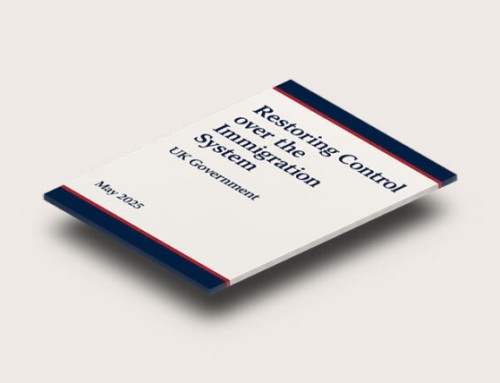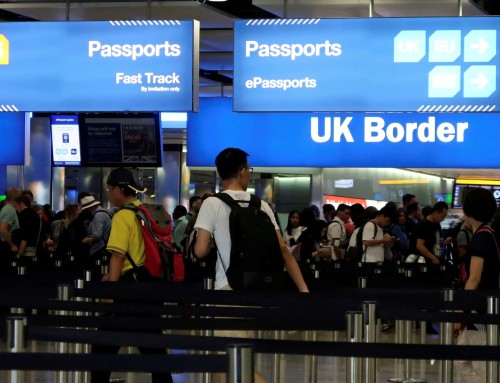The European Commission unveiled plans in October of last year, according to IMI, that if implemented would enable it to include the implementation of a citizenship-by-investment program as one of the legal justifications for suspending the visa-waver agreement between these nations and the Schengen region. The Commission took a step toward bringing this to pass this week.
The visa waiver agreement may be suspended under the present visa suspension process if the following conditions are met by the nation:
- Significantly more people (over 50%) are arriving from visa-free countries than ever before, including those who are found to be staying in irregular ways and those who are denied entry at the border; Significantly more people (over 50%) are applying for asylum from nations with low recognition rates (roughly 3-4%); Readmission cooperation is waning; and There is a greater risk to the security of Member States.
In October, the Commission proposed to expand the list of “transgressions” that qualify for suspensions of the visa waiver to include three further conditions:
- lack of compliance between a third country that grants visas and the EU’s visa policy in situations where this could result in a rise in immigration to the EU, such as when a country is geographically close to the EU; the operation of an investor citizenship scheme, which grants citizenship to a person without any real connection to the third country in question in exchange for prearranged payments or investments; hybrid threats and shortcomings in document security laws or procedures
The European Council said this week in a news release that the Committee of Permanent Representatives, which consists of the ambassadors of the EU member states, has reached a consensus on the issue and added the addition of CBI program operations as a crime that may result in the suspension of a visa.
“Once enacted, this new rule would strengthen the EU’s arsenal to combat instances where visa-free travel is being exploited or goes against the interests of the EU,” the statement read.
What takes place after that?
The European Council may now start talks with the European Parliament on upgrading the visa suspension mechanism since everyone is in agreement on this point. The final wording will be officially approved by the Council and the Parliament before being signed into law and published in the EU Official Journal. After that, it becomes the EU’s law, superseding any local laws in each of the member states.
Which nations would be impacted?
In essence, all non-EU/non-Schengen nations that are presently exempt from the need for a visa to enter the zone are the same as those who will soon have to comply with the new ETIAS regulations, which includes all five Caribbean CBI nations.
The events of this week stand in stark contrast to the allegedly more accommodating stance the EU adopted in its January consultations with Caribbean CBI nations.
A News Report by: https://www.imidaily.com/
Editor Christian Henrik Nesheim




